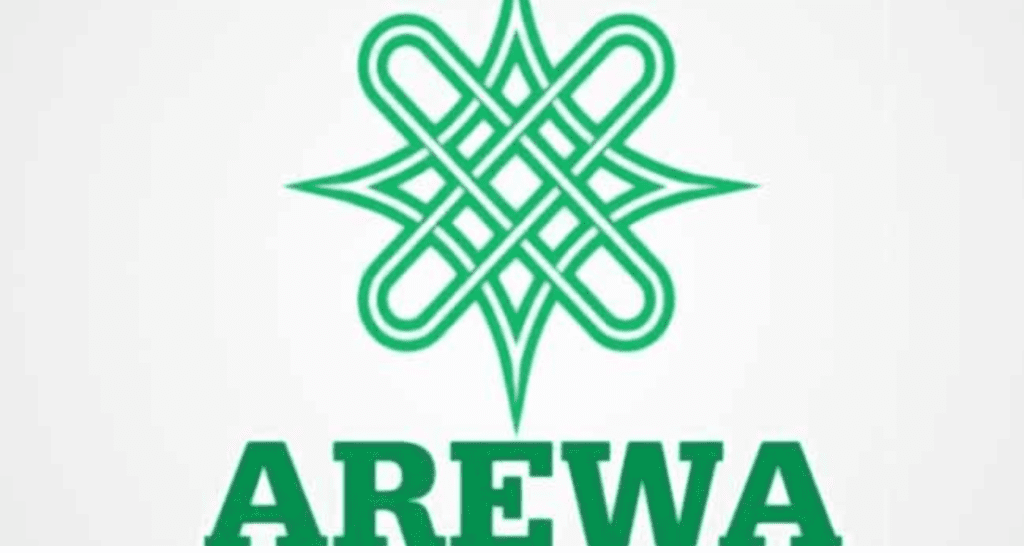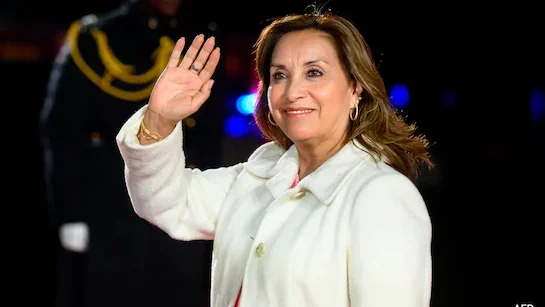The Arewa Consultative Forum (ACF) has urged the National Assembly to retain the 7.5% Value Added Tax (VAT) in Nigeria’s ongoing tax reform deliberations. This recommendation is part of the larger conversation surrounding the Nigerian government’s push to enhance revenue generation through tax reforms. In letters addressed to key members of the legislature, the ACF highlighted the importance of retaining the current VAT rate to ensure that any adjustments do not negatively impact businesses and consumers.
Tax reform has become a crucial subject for Nigeria, as the government seeks ways to improve public revenue in the face of fiscal challenges. The ACF’s recommendations represent the northern region’s perspective on these reforms, with the group advocating for a balanced approach that does not overburden the public while still achieving the desired fiscal outcomes.
The ACF’s Concerns: Preserving Economic Stability
In its letter to the National Assembly, the ACF made a case for the retention of the 7.5% VAT by emphasizing the need for stability in the taxation system. According to the forum, an increase in VAT at this time could have negative effects on businesses, many of which are still recovering from the impacts of economic slowdowns and inflationary pressures.
The forum also argued that maintaining the current VAT rate would reduce the risk of tax evasion, as higher tax rates often incentivize businesses to evade taxes. The ACF’s letter urged the federal government to focus on broadening the tax base by bringing more businesses and individuals into the tax net, rather than increasing tax rates.
Key Points from the ACF’s Recommendations:
- Retain the 7.5% VAT to prevent undue pressure on businesses.
- Focus on expanding the tax base to improve revenue without increasing the burden on existing taxpayers.
- Ensure that tax reforms are fair and equitable across different sectors of the economy.
Tax Evasion: Labour Unions Clash with Senate President
The tax reform debate has also drawn strong reactions from labour unions such as the Nigeria Labour Congress (NLC) and the Trade Union Congress (TUC). Recently, the NLC and TUC, along with the Nigeria Employers’ Consultative Association (NECA), tackled Senate President Godswill Akpabio over his comments regarding tax evasion in Nigeria. Akpabio had suggested that labour unions and businesses were not paying their fair share of taxes, which sparked widespread backlash.
The unions fired back, accusing the government of failing to enforce existing tax laws while attempting to shift the blame to workers and businesses. Labour leaders have argued that instead of placing the burden on the private sector, the government should focus on addressing corruption and inefficiencies within the tax collection system.
Labour’s Demands:
- Enforce current tax laws effectively to curb evasion rather than increasing the tax burden on compliant entities.
- Implement tax reforms that do not disproportionately affect workers and small businesses.
- Ensure transparency and accountability in the government’s use of tax revenue.
National Assembly’s Role in Shaping the Future of Taxation
As discussions over tax reforms continue, the National Assembly has been tasked with creating legislation that balances revenue generation with the need to foster economic growth. The Senate, led by Akpabio, has called on the federal government and state governments to work together to finalize an agreement on the tax reform bills currently under review.
The Senate emphasized that both tiers of government must come to a mutual understanding to ensure that the tax reforms achieve the desired objectives without creating further financial strain on businesses and citizens. This call for collaboration reflects the complexity of Nigeria’s tax system, where both the federal and state governments have the power to levy taxes.
Key Focus Areas for the National Assembly:
- Ensuring that tax policies promote both revenue generation and economic growth.
- Facilitating cooperation between federal and state governments to harmonize tax policies and eliminate overlap.
- Addressing the concerns of labour unions and businesses to create a fair tax system that is accepted by all stakeholders.
The Bigger Picture: Nigeria’s Struggle with Revenue Generation
Nigeria has long faced challenges in generating adequate public revenue to meet its developmental needs. Over-reliance on oil revenue has left the country vulnerable to fluctuations in global oil prices, prompting the government to explore alternative sources of income, including taxation.
Despite efforts to increase tax revenue, Nigeria’s tax-to-GDP ratio remains among the lowest in the world, hovering around 6-7%. This low figure has been attributed to factors such as widespread tax evasion, a narrow tax base, and inefficient tax administration. The tax reform bills currently under consideration in the National Assembly are part of a broader effort to improve tax collection, increase revenue, and reduce Nigeria’s fiscal deficit.
Challenges in Nigeria’s Tax System:
- Low tax compliance and widespread evasion.
- Inefficient tax administration and enforcement.
- Limited scope of the tax base, with many businesses and individuals operating in the informal economy.
Balancing Reform with Economic Needs
The debate over Nigeria’s tax reforms is shaping up to be a pivotal moment for the country’s economic future. While the Arewa Consultative Forum’s call to retain the 7.5% VAT reflects concerns over the potential impact on businesses, the labour unions’ clash with the Senate President highlights the need for a fair and equitable tax system.
As the National Assembly continues to deliberate on the proposed tax reforms, it must strike a delicate balance between increasing revenue and promoting economic growth. The outcome of these discussions will have far-reaching implications for Nigeria’s fiscal stability, business environment, and long-term development.























